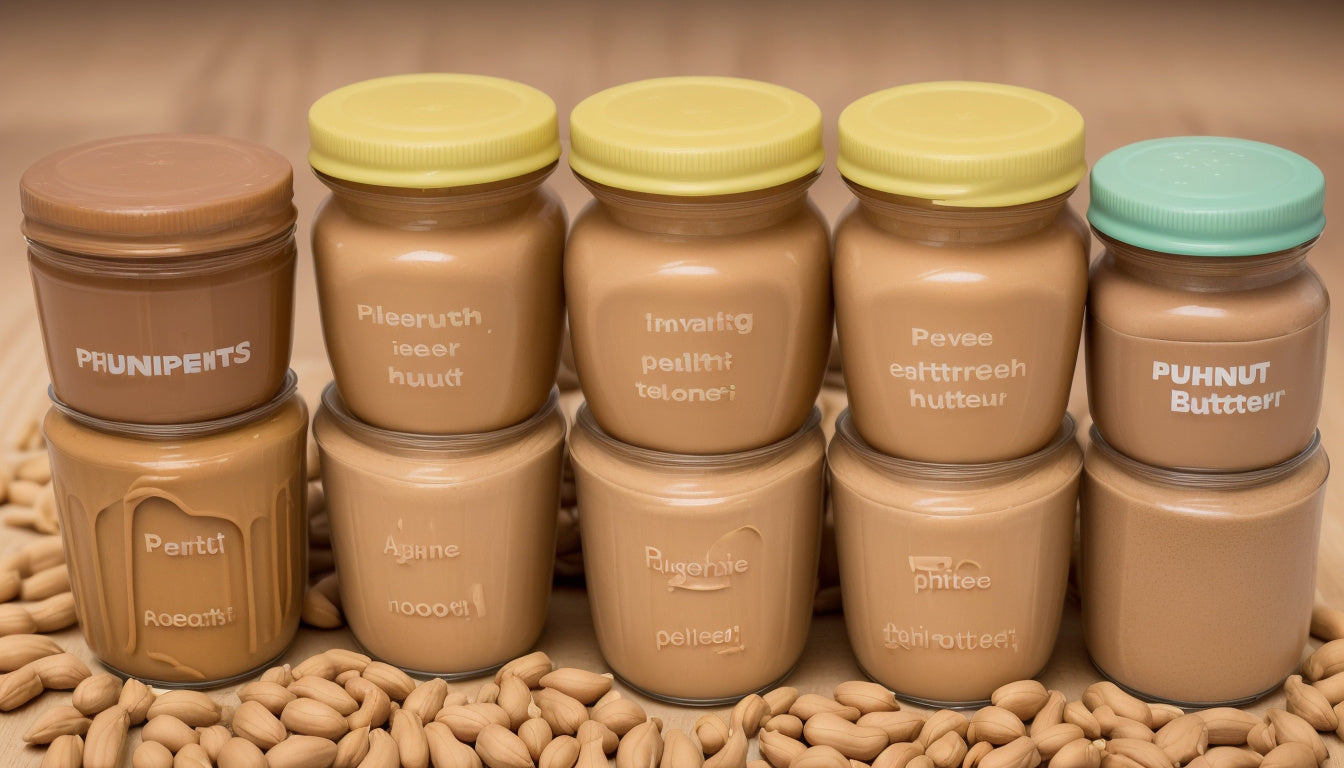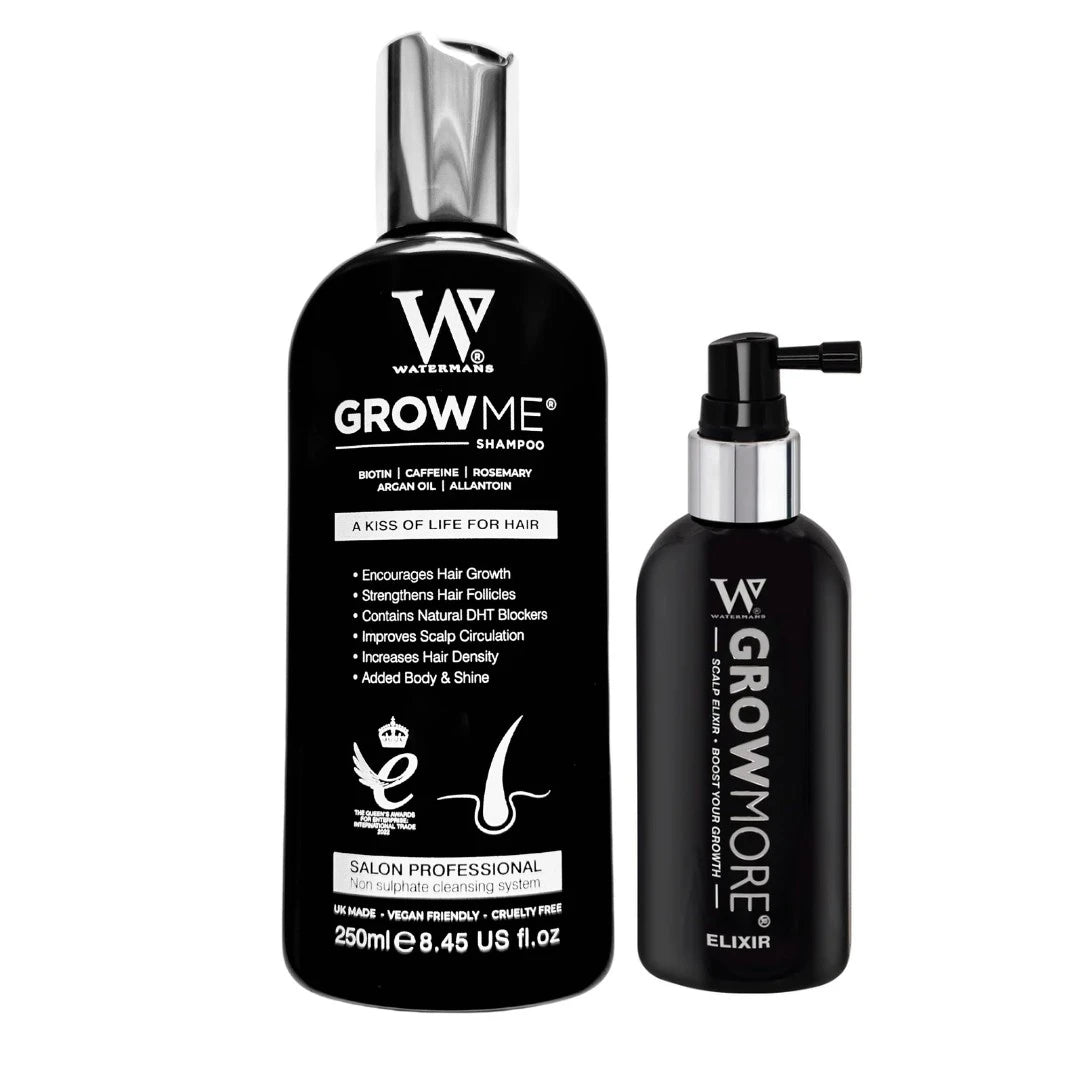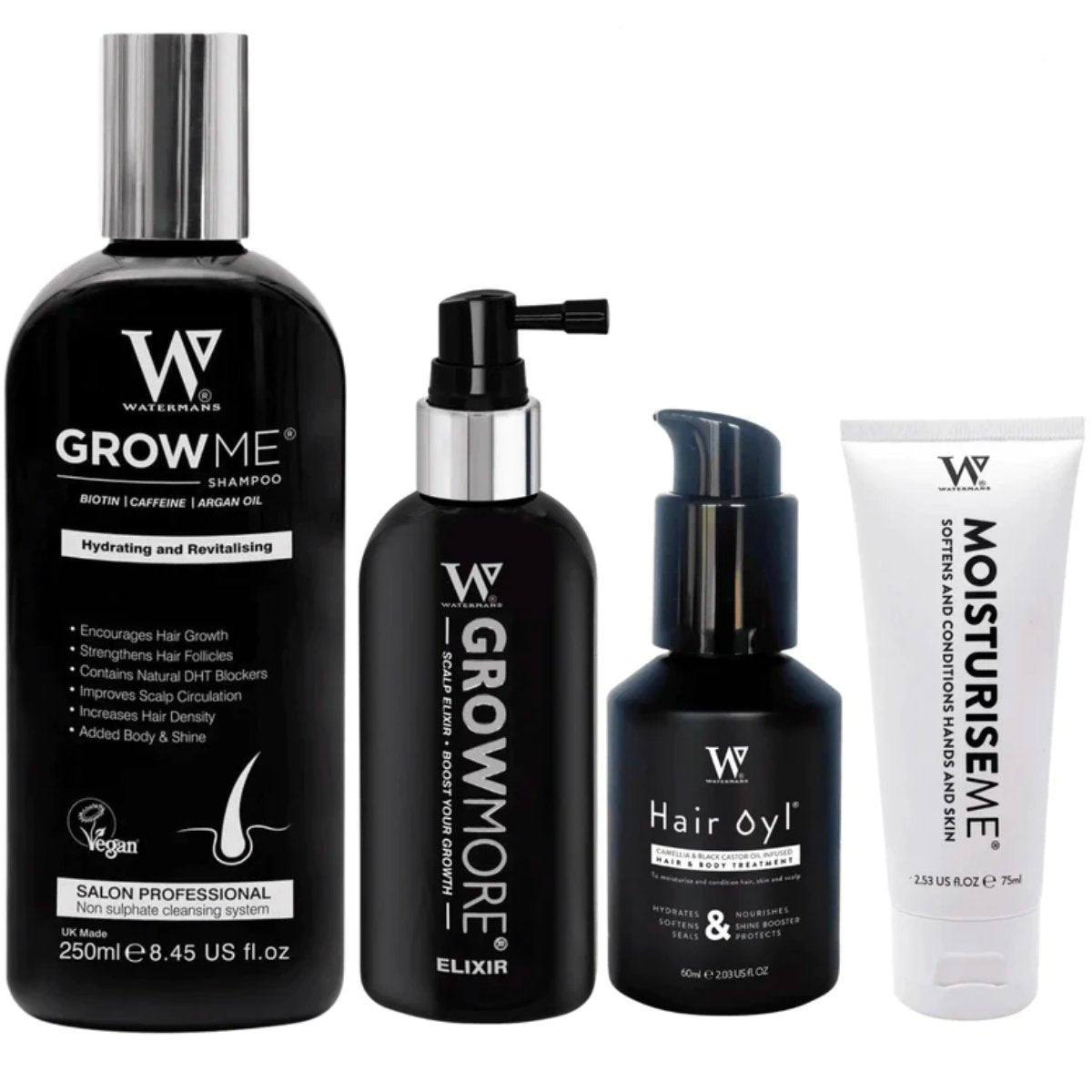
The Shocking Truth About Peanut Butter: What You Need to Know to Protect Your Health!
Peanut butter is a beloved staple in many households worldwide, prized for its rich flavor, convenience, and nutritional benefits. However, there is a shocking truth about peanut butter that many people overlook — the potential presence of aflatoxins, harmful substances that can pose serious health risks. Understanding what aflatoxins are and how to avoid them is crucial for anyone who enjoys peanuts or peanut butter.
What Are Aflatoxins?
Aflatoxins are toxins produced by certain types of fungi, primarily Aspergillus flavus and Aspergillus parasiticus. These fungi thrive in warm and moist environments, often contaminating crops such as peanuts and corn. Why is this concerning? Aflatoxins are carcinogenic, meaning they can cause cancer. More specifically, they have a toxic effect on the liver and may increase the risk of liver cancer over time.
Why You Should Be Concerned About Aflatoxins in Peanut Butter
Because peanuts grow underground and are susceptible to moisture, they can easily become contaminated with aflatoxins, especially if stored improperly. The risk extends to peanut butter products if the peanuts used are tainted. This makes it essential for consumers to be vigilant about the type and source of their peanut butter.
How to Protect Yourself From Aflatoxins in Peanut Butter
Choose Valencia Peanuts
One of the best ways to reduce your exposure to aflatoxins is by opting for peanut butter made from Valencia peanuts. These peanuts have a lower moisture content compared to other varieties, which makes them less likely to harbor the mold that produces aflatoxins. Valencia peanuts are often grown and harvested under conditions that minimize fungal contamination, making peanut butter made from them a safer choice.
Opt for Organic and Properly Stored Products
Organic Valencia peanut butter is highly recommended. Organic farming practices often involve better handling and storage techniques that reduce the chance of fungal growth. Additionally, buying peanut butter from reputable brands that maintain high safety and storage standards helps in minimizing health risks.
Store Peanuts and Peanut Butter Correctly
Proper storage is also vital to decreasing aflatoxin development. Peanuts and peanut butter should be kept in cool, dry environments to prevent mold growth. Avoid purchasing or consuming products that appear to have been stored in warm or moist conditions.
The Bottom Line: Stay Informed and Choose Wisely
The presence of aflatoxins in peanut butter is a hidden danger that many consumers are unaware of. Since these toxins pose a serious threat to liver health and may increase cancer risk, it’s important to take proactive steps: choosing Valencia peanuts, opting for organic varieties, and ensuring proper storage can dramatically reduce your exposure.
For more tips on hair and health products and how natural toxin exposure can affect your overall wellness, consider visiting Watermans.
Featured Snippet: What is the safest peanut butter to consume to avoid aflatoxins?
The safest peanut butter to consume to avoid aflatoxins is one made from organic Valencia peanuts, as they have lower moisture content and are less likely to develop harmful fungal toxins.
Protect your health by being mindful of what goes into your peanut butter jar — your liver will thank you!













